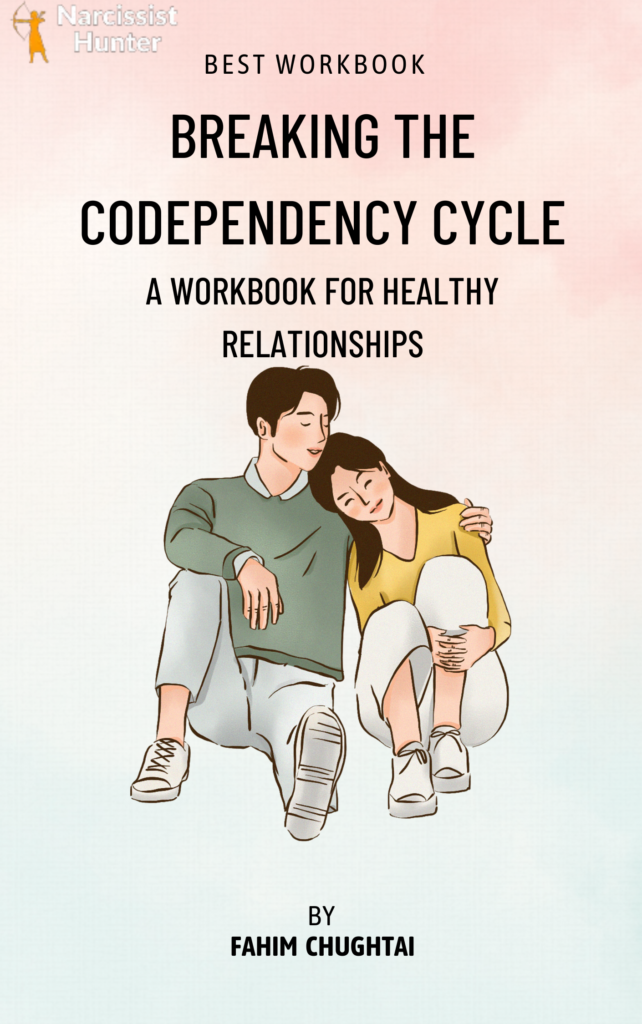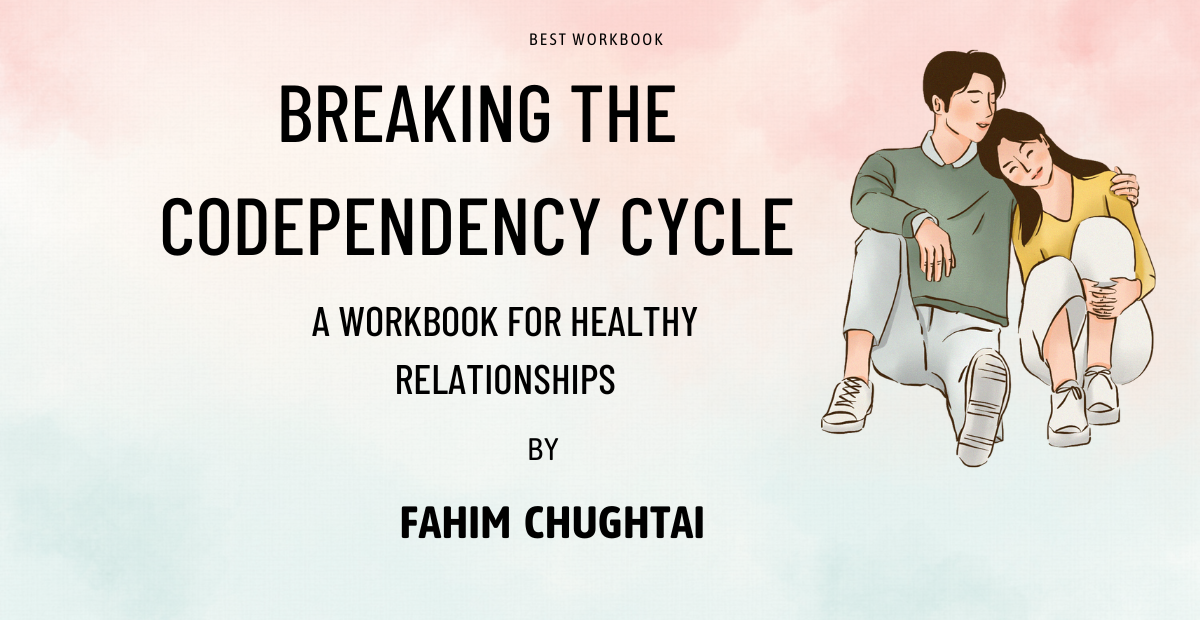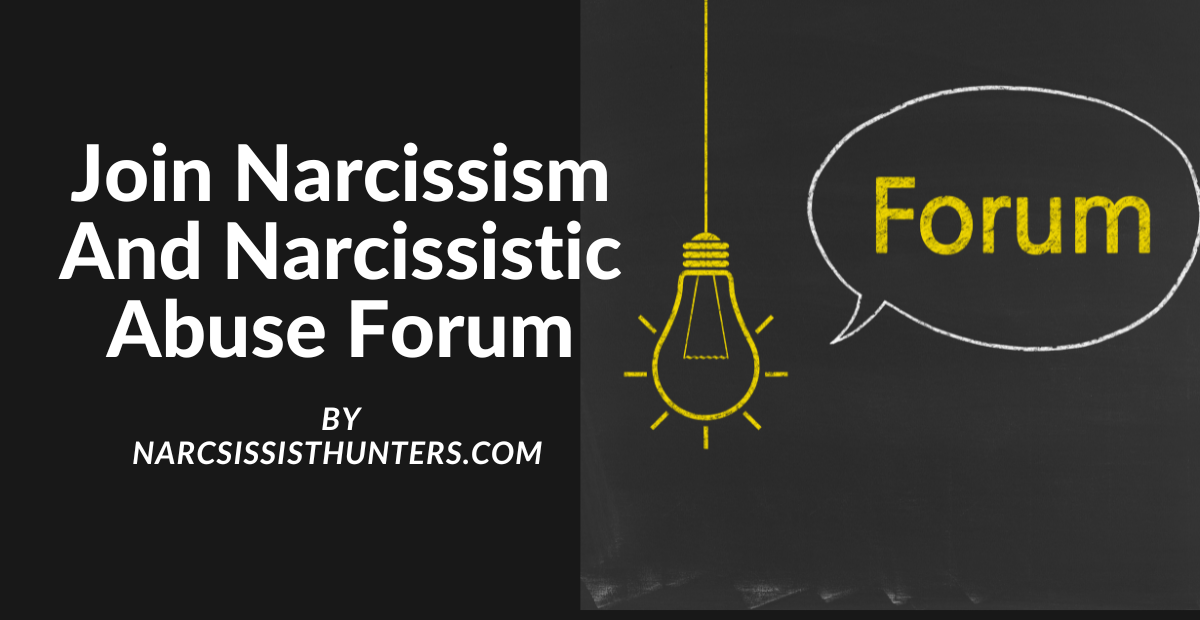Codependency is a complex and challenging issue that can have a significant impact on an individual’s emotional and psychological well-being, as well as their relationships with others. This Codependency workbook is designed to provide people with a structured and supportive process for examining their own behaviors and thought patterns, identifying areas where they may be engaging in codependent behaviors, and developing new skills and strategies for creating healthier relationship dynamics.

The goal of a Codependency workbook is to help people build greater self-awareness, improve their communication and problem-solving skills, develop a stronger sense of self-esteem and confidence, and create more fulfilling and satisfying relationships. By working through the exercises and prompts in the workbook, individuals can gain a deeper understanding of their own patterns of behavior and thought, and take meaningful steps towards creating positive change in their lives.
Basics of Codependency in a Narcissistic Relationship

Codependency is a pattern of behavior that often develops in individuals who have a close relationship with someone who is struggling with addiction, mental illness, or a personality disorder. Narcissistic personality disorder is a common issue that can lead to codependency in relationships.
Individuals who are codependent often have a difficult time setting boundaries and taking care of their own needs. In a narcissistic relationship, the narcissist may manipulate the codependent individual to meet their own needs while disregarding the needs of the other person. This can lead to a cycle of enabling behavior, where the codependent individual feels responsible for the narcissist’s well-being and continues to prioritize their needs over their own.
Objectives of Codependency workbook
The objectives of a Codependency ebook are:
- To raise awareness about codependency and its impact on relationships.
- To help readers identify codependent behaviors in themselves and their relationships.
- To provide strategies and tools for breaking free from codependent behaviors and building healthier boundaries.
- To encourage readers to practice self-care and prioritize their own well-being.
- To offer guidance on building and maintaining healthy relationships.
- To provide encouragement and support to readers on their journey to healing from codependency.
[mailpoet_form id=”9″]
Who can Benefit from Codependency Workbook?
The Codependency workbook is for anyone who experiences codependency in their relationships and is looking to make positive changes in their behaviors. Codependency can impact individuals of all ages, genders, and relationship statuses. It may be particularly helpful for individuals who have experienced trauma or difficult childhood experiences, as these can often contribute to codependent behaviors.
This workbook is for people who may struggle with behaviors such as people-pleasing, caretaking, and sacrificing their own needs for the sake of others. It is also for individuals who may have difficulty setting and enforcing healthy boundaries, struggle with low self-esteem, and tend to seek validation and approval from others.
The workbook is designed to provide a structured and guided approach to exploring and addressing codependent behaviors. It may be used as a supplement to professional therapy or as a standalone resource for individuals looking to improve their relationships and overall emotional well-being. It is important to note that while the workbook can be a helpful tool, it should not be used as a substitute for professional therapy or medical advice.
Section 1: Signs of Codependency
Exercise 1: List the signs of codependency in your relationship. Examples may include:
- Feeling responsible for your partner’s emotions and well-being
- Neglecting your own needs and wants to focus on your partner’s
- Feeling guilty or ashamed when you assert your own boundaries
- Struggling to say “no” to your partner’s requests or demands
- Feeling like you cannot be happy or fulfilled without your partner
- Tolerating or accepting disrespectful or abusive behavior from your partner
Exercise 2: Reflect on your own behavior and emotions in your relationship. Have you exhibited any of the signs of codependency listed in Exercise 1? If so, how have they affected your well-being and your relationship with your partner?
Section 2: Personal Boundaries
Exercise 3: Identify your personal boundaries. What are the limits you set for yourself in your relationship and your life? Examples may include:
- Not tolerating verbal or physical abuse from your partner
- Reserving time for yourself to pursue hobbies or interests
- Refusing to take on more responsibility than you can handle
- Expecting your partner to treat you with respect and kindness
- Setting limits on your financial contributions to your partner or your relationship
Exercise 4: Consider whether your partner has violated your boundaries in the past. If so, how did you respond? Did you assert yourself and enforce your boundaries, or did you allow your partner to continue violating them?
Exercise 5: List the steps you can take to enforce your boundaries in the future. Examples may include:
- Asserting yourself calmly and firmly when your boundaries are violated
- Removing yourself from situations where your boundaries are not respected
- Seeking professional help or support to learn how to set and enforce boundaries effectively
- Ending the relationship if your partner consistently violates your boundaries and is unwilling to change
Section 3: Self-Esteem and Self-Worth
Exercise 6: Reflect on your own self-esteem and self-worth. How do you feel about yourself? Do you have a positive or negative self-image? What factors have contributed to your self-esteem, both positively and negatively?
[mailpoet_form id=”9″]
Exercise 7: List the steps you can take to improve your self-esteem and self-worth. Examples may include:
- Engaging in self-care activities that make you feel good
- Practicing self-compassion and positive self-talk
- Seeking professional help to address any underlying issues that contribute to low self-esteem
Section 4: Creating a Healthier Relationship Dynamic
Exercise 8: Consider what a healthy relationship would look like for you. What steps can you take to create a healthier dynamic with your partner? Examples may include:
- Communicating openly and honestly with your partner
- Setting and respecting each other’s boundaries
- Prioritizing each other’s needs and wants equally
- Supporting each other emotionally and otherwise
- Building a strong foundation of trust, respect, and love
Exercise 9: Discuss your vision of a healthy relationship with your partner. How do they feel about it? Are they willing to work towards creating a healthier dynamic with you?
Exercise 10: Identify any obstacles that may prevent you from creating a healthier relationship dynamic. Examples may include:
- Your partner’s resistance to change
- Your own fear or uncertainty about asserting your needs and boundaries
- The impact of past trauma or emotional wounds on your ability to trust and connect with others
Exercise 11: Develop a plan for overcoming these obstacles and creating a healthier relationship dynamic. This may involve seeking professional help, engaging in couples therapy, or making changes to your own behavior and thought patterns.
Section 5: Maintenance and Accountability
Exercise 12: Develop a plan for maintaining a healthy relationship dynamic over time. This may include:
- Checking in with your partner regularly to ensure that both of your needs are being met
- Practicing ongoing self-reflection and self-awareness
- Seeking help or support when needed to address issues that arise
Exercise 13: Establish accountability mechanisms to ensure that you and your partner are both committed to creating and maintaining a healthier relationship dynamic. Examples may include:
- Setting specific goals and benchmarks for progress
- Engaging in regular check-ins with a therapist or counselor
- Holding each other accountable for respecting each other’s boundaries and needs
The benefits of this Codependency worksheet
The benefits of using a codependency workbook or worksheet are numerous, including:
1.Increased self-awareness
The exercises and prompts in the workbook encourage you to examine your own behaviors and thought patterns, which can help you identify areas where you may be engaging in codependent behaviors.
2. Improved communication skills
Many of the exercises in the workbook involve practicing effective communication and setting boundaries, which can improve your ability to communicate with your partner and others in a healthy way.
3. Greater insight into relationship dynamics
The workbook prompts you to examine the dynamics of your relationship, including patterns of behavior and power imbalances, which can help you better understand the root causes of codependent behaviors.
4. Enhanced problem-solving skills
The exercises in the workbook encourage you to develop concrete plans for addressing issues and challenges in your relationship, which can help you develop stronger problem-solving skills.
5. Increased confidence and self-esteem
As you become more aware of your own needs and boundaries, and begin to assert them more effectively, you may experience a boost in confidence and self-esteem.
6. Improved relationship satisfaction
By working through the exercises in the workbook, you may be able to create a healthier and more fulfilling relationship with your partner, leading to greater satisfaction and happiness.
[mailpoet_form id=”9″]
How To Use this Codependency workbook?

Here are some tips on how to use this codependency workbook effectively:
- Set aside dedicated time for working on the workbook. It’s important to give yourself time and space to focus on the exercises and prompts, without distractions or interruptions.
- Start at the beginning and work your way through the exercises in order. The exercises build on each other, so it’s important to complete them in sequence.
- Be honest with yourself. The workbook is designed to help you examine your own behaviors and thought patterns, so it’s important to be truthful and open with yourself throughout the process.
- Take breaks as needed. If you find that some exercises are particularly challenging or emotionally taxing, take a break and come back to it later.
- Consider working with a therapist or counselor. While the workbook can be used on your own, working with a mental health professional can provide additional support and guidance throughout the process.
- Practice self-compassion. It’s important to remember that working on codependency is a process, and that it’s okay to make mistakes or experience setbacks along the way. Practice self-compassion and kindness towards yourself as you work through the exercises in the workbook.
By following these tips, you can use this codependency workbook to gain greater insight into your own behaviors and thought patterns, and take steps towards creating a healthier and more fulfilling relationship with your partner.
Final thoughts
In conclusion, a Codependency workbook can be a valuable resource for individuals who struggle with codependency in their relationships. The workbook can provide a structured and guided approach to exploring and addressing codependent behaviors, and can be used as a supplement to professional therapy or as a standalone resource.
While the Codependency workbook can be a helpful tool, it is important to recognize that it should not be used as a substitute for professional therapy or medical advice. Individuals who experience severe or persistent codependent behaviors may benefit from seeking the guidance of a licensed mental health professional.
By examining family history and background, identifying personal triggers and patterns, developing healthy boundaries, building self-esteem and self-worth, improving communication skills, and practicing self-care, individuals can begin to break the cycle of codependency and build healthier relationships with themselves and others.
Overall, a Codependency workbook can be a valuable tool for individuals looking to make positive changes in their relationships and overall emotional well-being.



